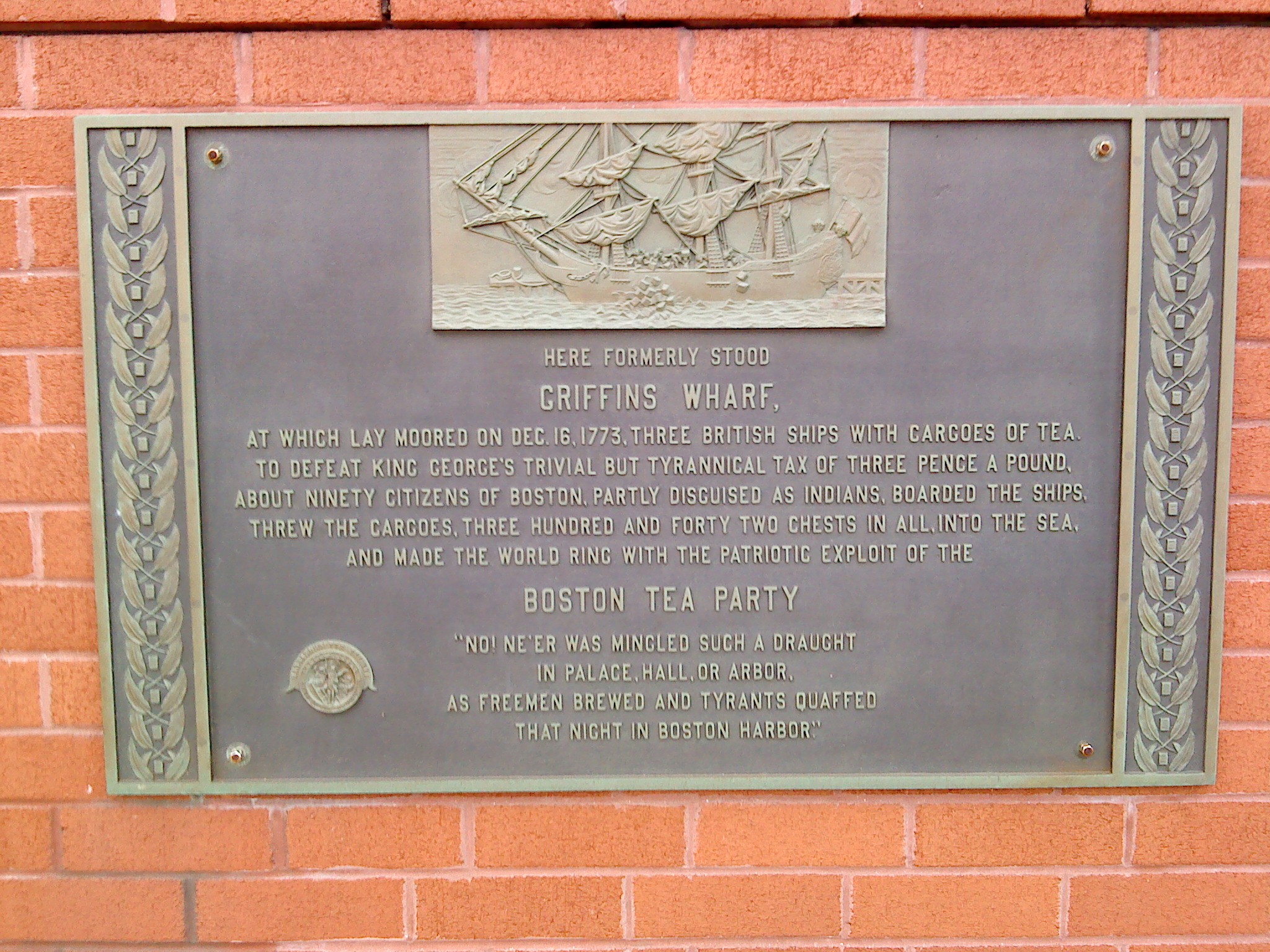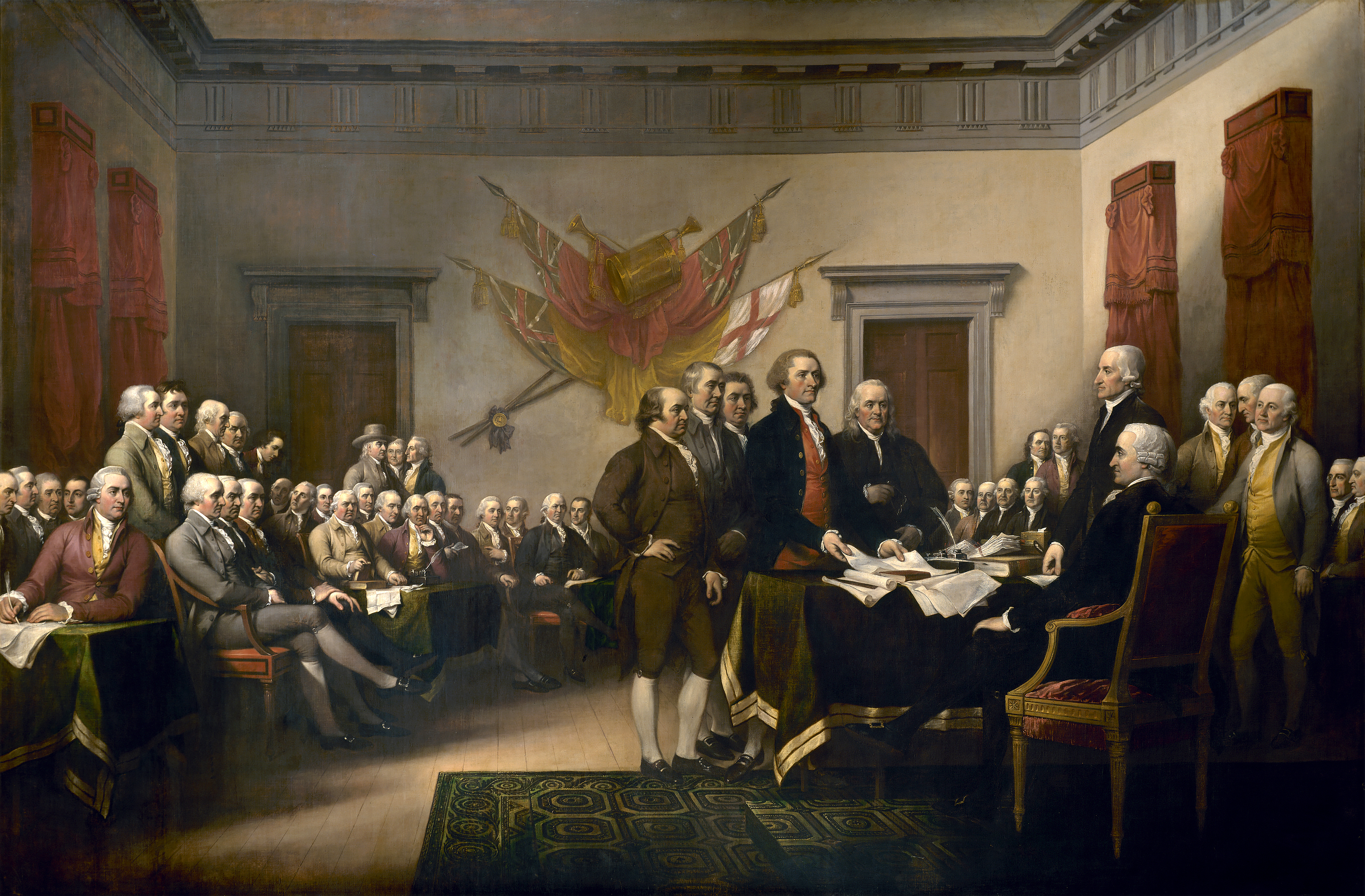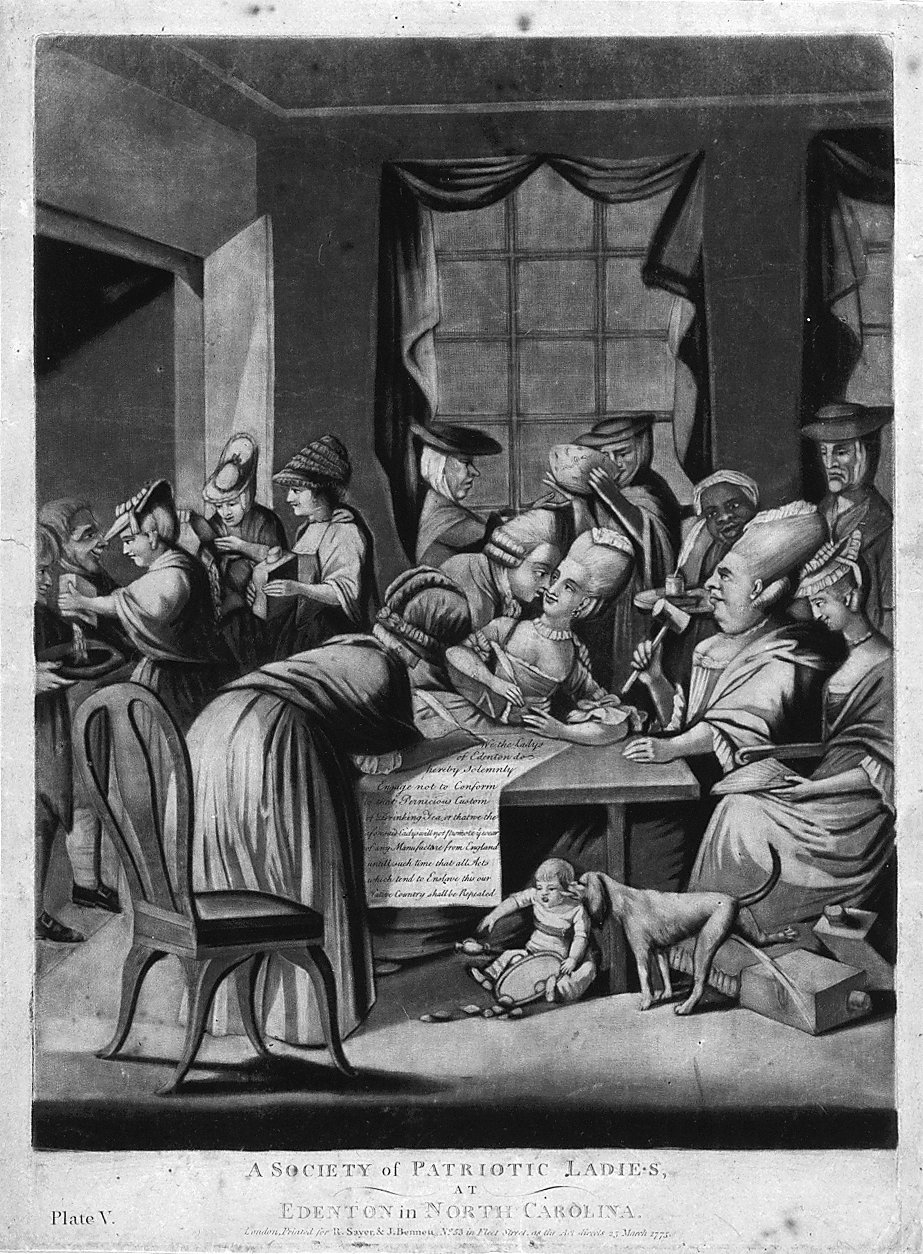Boston Tea Party, 1773
Enlarge text Shrink textThe Boston Tea Party was an American political and mercantile protest on December 16, 1773, by the Sons of Liberty in Boston in colonial Massachusetts. The target was the Tea Act of May 10, 1773, which allowed the East India Company to sell tea from China in American colonies without paying taxes apart from those imposed by the Townshend Acts. The Sons of Liberty strongly opposed the taxes in the Townshend Act as a violation of their rights. In response, the Sons of Liberty, some disguised as Native Americans, destroyed a shipment of tea sent by the East India Company. The demonstrators boarded the ships and threw the chests of tea into the Boston Harbor. The British government considered the protest an act of treason and responded harshly. Days later, the Philadelphia Tea Party, instead of destroying a shipment of tea, sent the ship back to England without unloading. The episodes escalated into the American Revolution, and the Boston Tea Party became an iconic event of American history. Since then other political protests such as the Tea Party movement have referred to themselves as historical successors to the Boston protest of 1773. The Tea Party was the culmination of a resistance movement throughout British America against the Tea Act, a tax passed by the British Parliament in 1773. Colonists objected to the Tea Act believing it violated their rights as Englishmen to "no taxation without representation", that is, to be taxed only by their own elected representatives and not by a parliament in which they were not represented. The well-connected East India Company also had been granted competitive advantages over colonial tea importers, who resented the move and feared additional infringement on their business. Protesters had prevented the unloading of tea in three other colonies, but in Boston, embattled Royal Governor Thomas Hutchinson refused to allow the tea to be returned to Great Britain. The Boston Tea Party was a significant event that helped accelerate and intensify colonial support for the American Revolution. Parliament responded in 1774 with the Intolerable Acts, or Coercive Acts, which, among other provisions, ended local self-government in Massachusetts and closed Boston's commerce. Colonists throughout the Thirteen Colonies responded to the Intolerable Acts with additional acts of protest, and by convening the First Continental Congress in Philadelphia, which petitioned the British monarch for repeal of the acts and coordinated colonial resistance to them, culminating in the October 1774 Continental Association. The crisis escalated, leading to the Battles of Lexington and Concord on April 19, 1775, which marked the beginning of the American Revolutionary War.
Read more on Wikipedia >
 Topic
Topic












